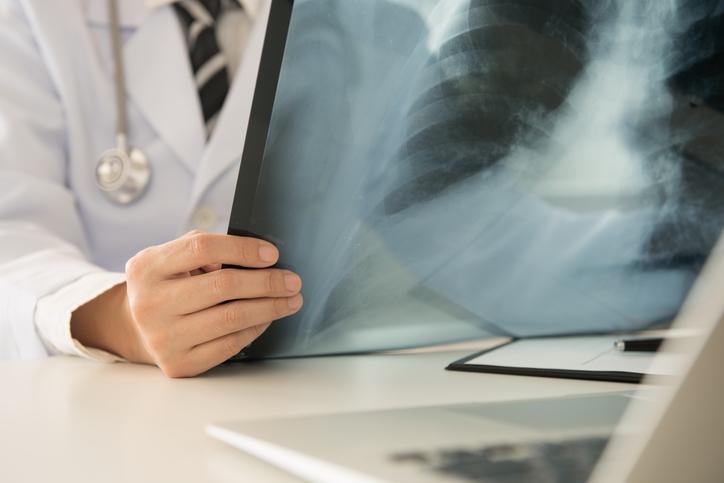
CARB-X (Combating Antibiotic-Resistant Bacteria Biopharmaceutical Accelerator) announced today that it is awarding researchers at the University of Melbourne $1.75 million to develop an oral therapeutic that could restore the activity of antibiotics used to treat pneumonia.
The award will support development of PBT2, an ionophore therapeutic that was originally developed as a treatment for neurodegenerative disorders but has since been found to disarm bacterial mechanisms of resistance to first-line antibiotics for community-acquired bacterial pneumonia (CABP), like doxycycline and amoxicillin. Rising resistance has rendered these antibiotics increasingly ineffective.
"We’re grateful for CARB-X's support, providing an accelerated pathway for the development of this new therapeutic to render these drug-resistant bacteria susceptible to existing antibiotics again," Sharon Lewin, MD, PhD, director of the University of Melbourne's Peter Doherty Institute for Infection and Immunity, said in a CARB-X press release.
Impact of drug-resistant pneumonia
A global analysis of deaths that were caused by and associated with antimicrobial resistance (AMR) found that more than 400,000 people died in 2019 from antibiotic-resistant lower respiratory infections, including CABP.
"Bacteria that cause community-acquired pneumonia are becoming increasingly resistant to antibiotics on the WHO [World Health Organization] model list of essential medicines, and so we've taken a strategy that embraces both the development of new antibiotics and the pursuit of other products that aim to restore the utility of the ones we already have," said CARB-X Research and Development Chief Erin Duffy, PhD.
The PBT2 project is the first project to receive a grant from CARB-X's 2022-2023 funding call. Since its founding in 2016, CARB-X has funded 92 early-stage antibacterial and diagnostic development projects in 12 countries.
We’re grateful for CARB-X's support, providing an accelerated pathway for the development of this new therapeutic to render these drug-resistant bacteria susceptible to existing antibiotics again.
















